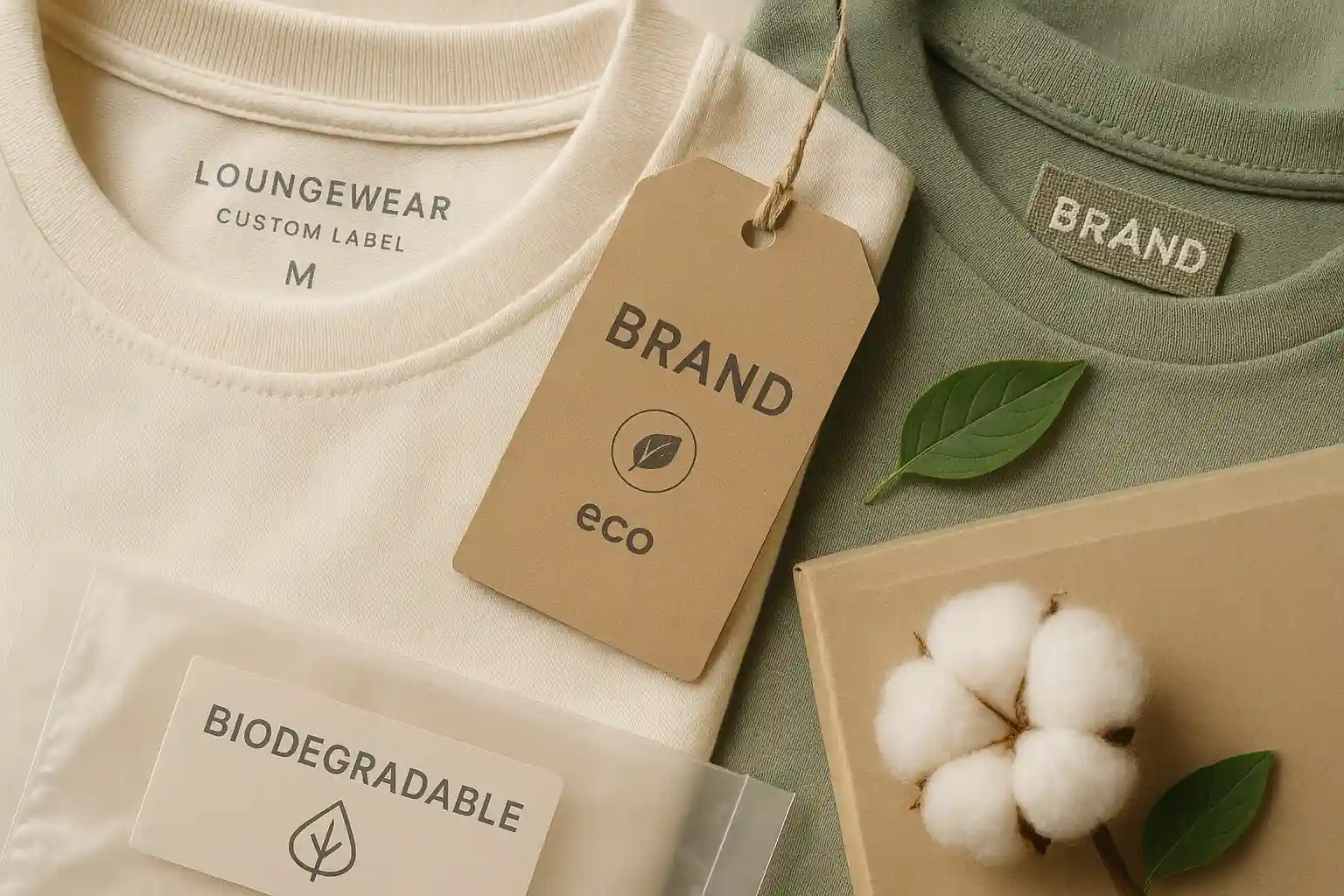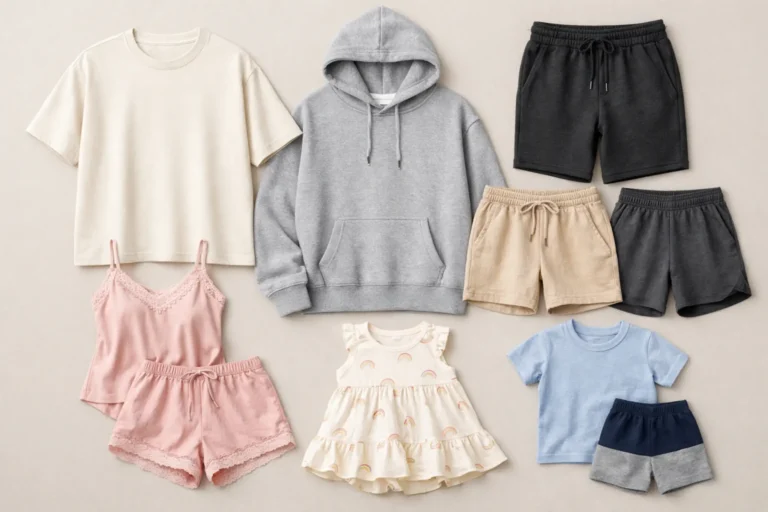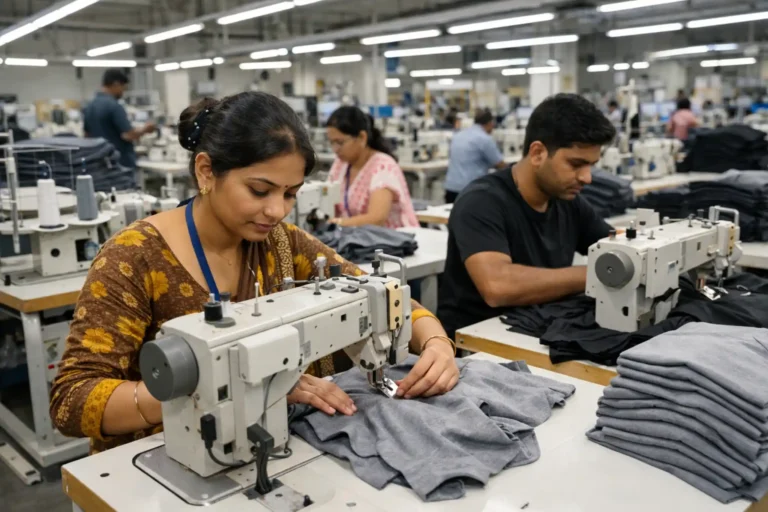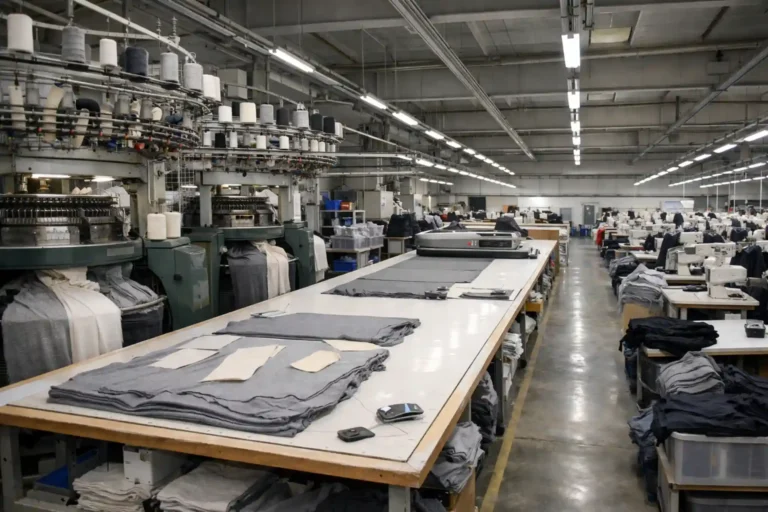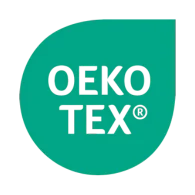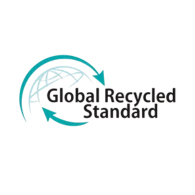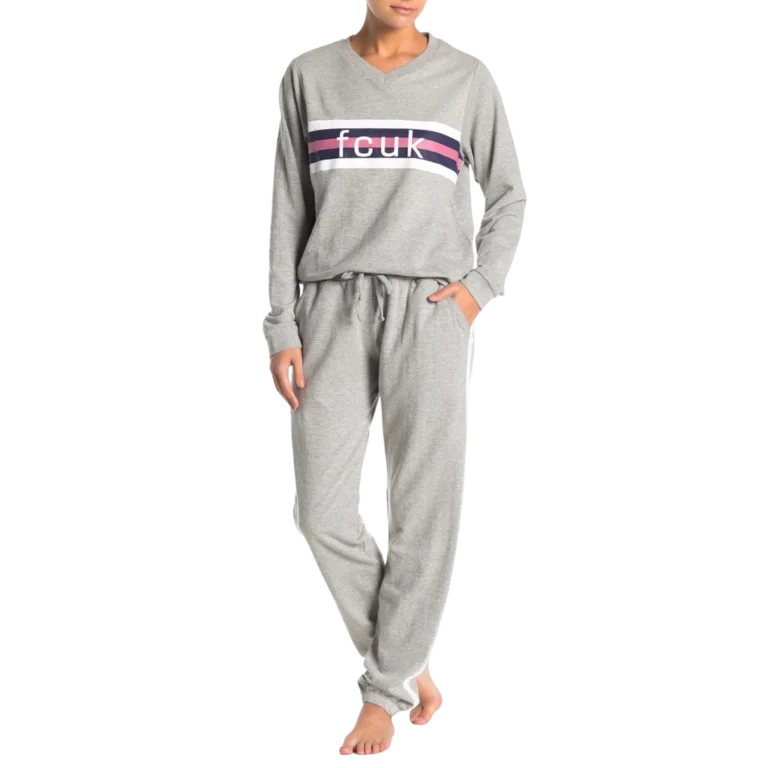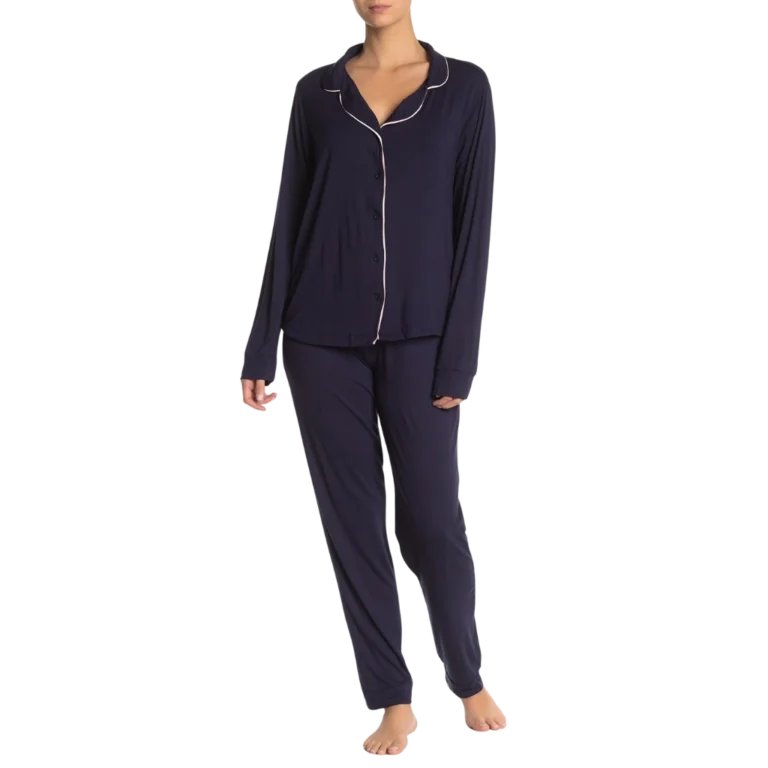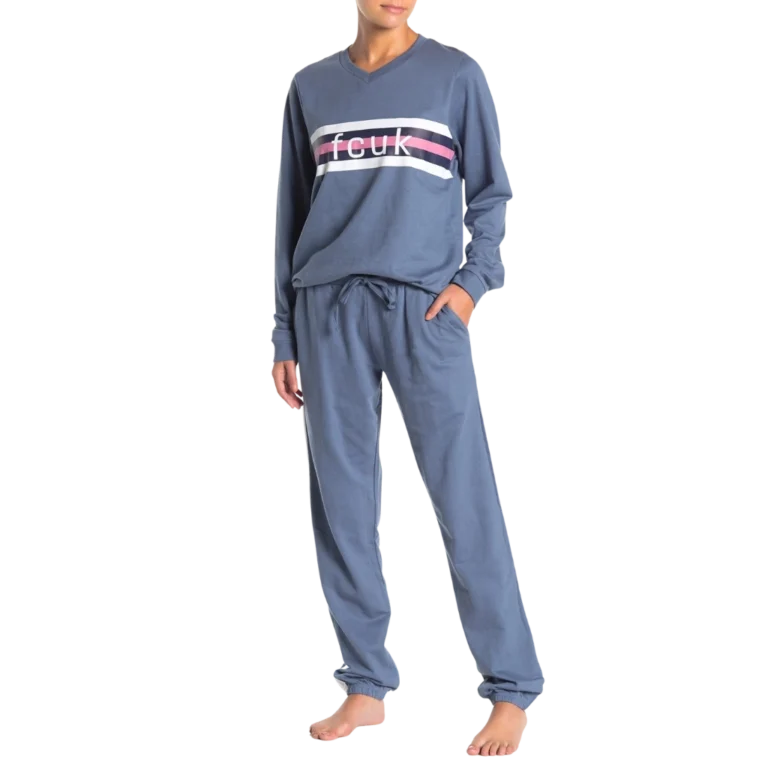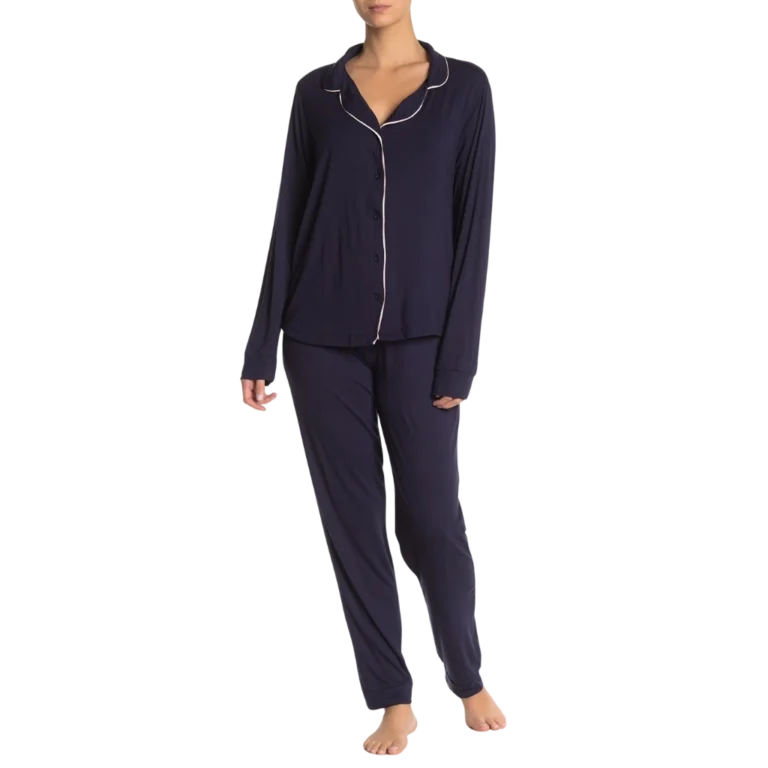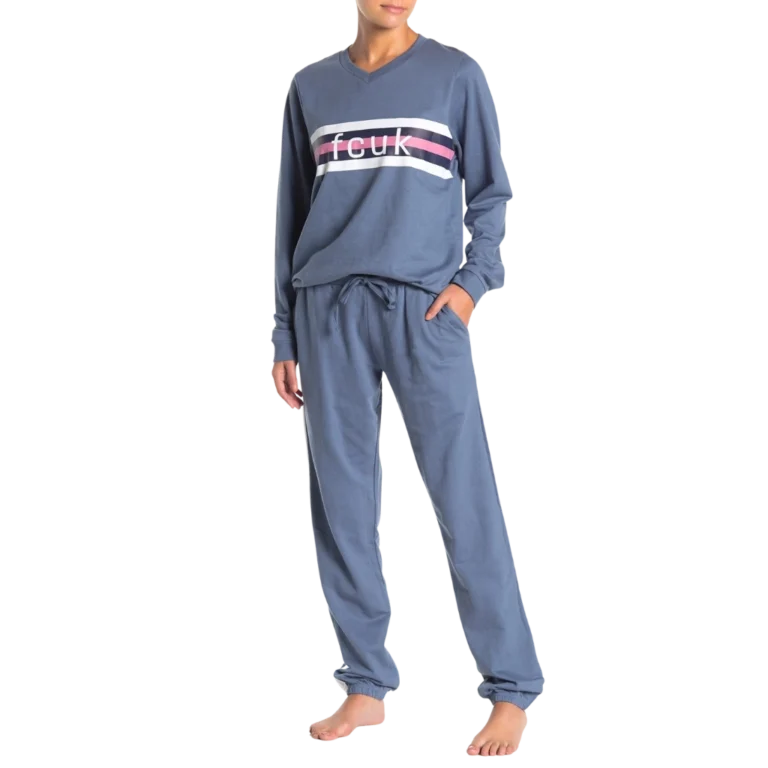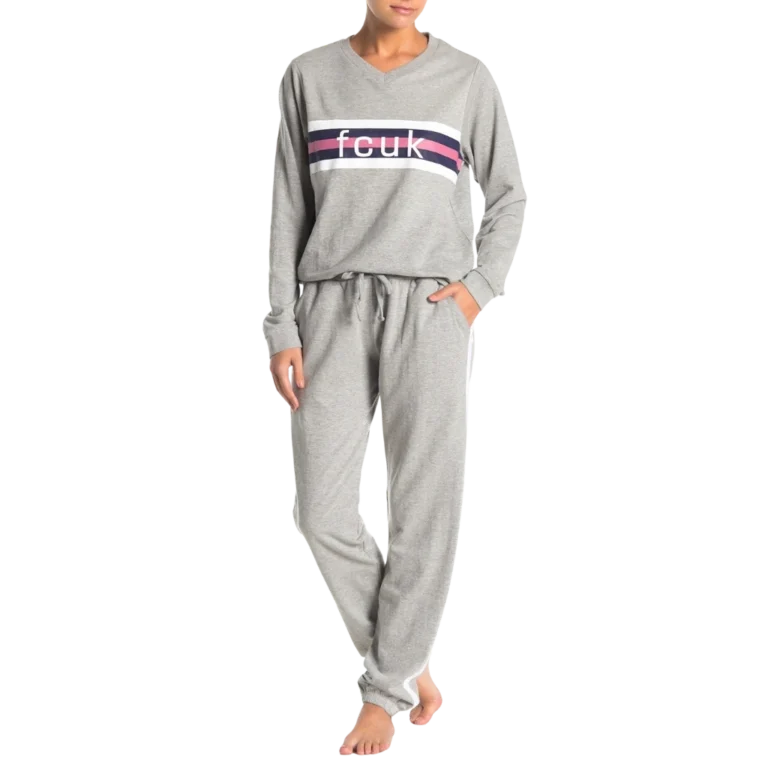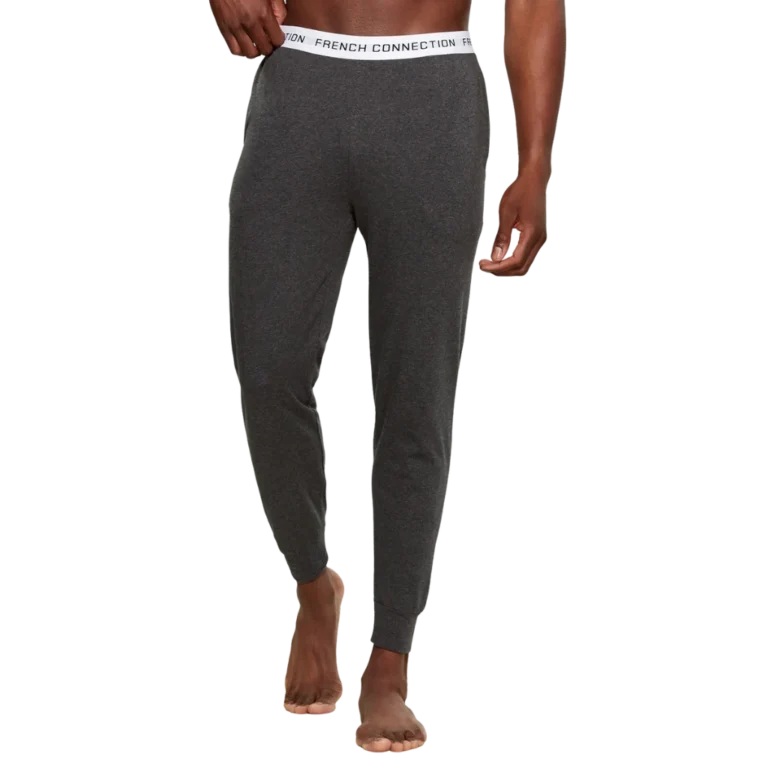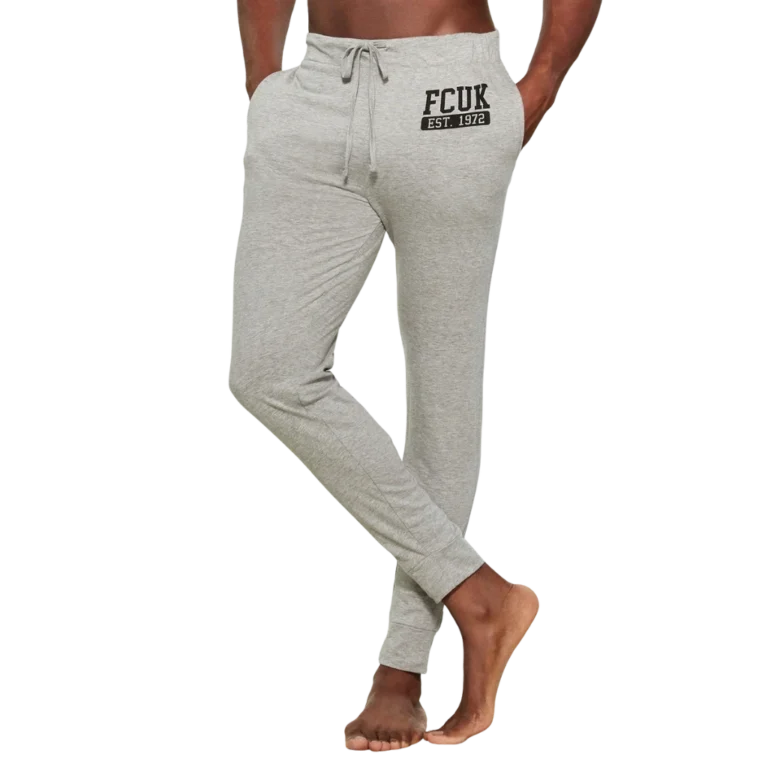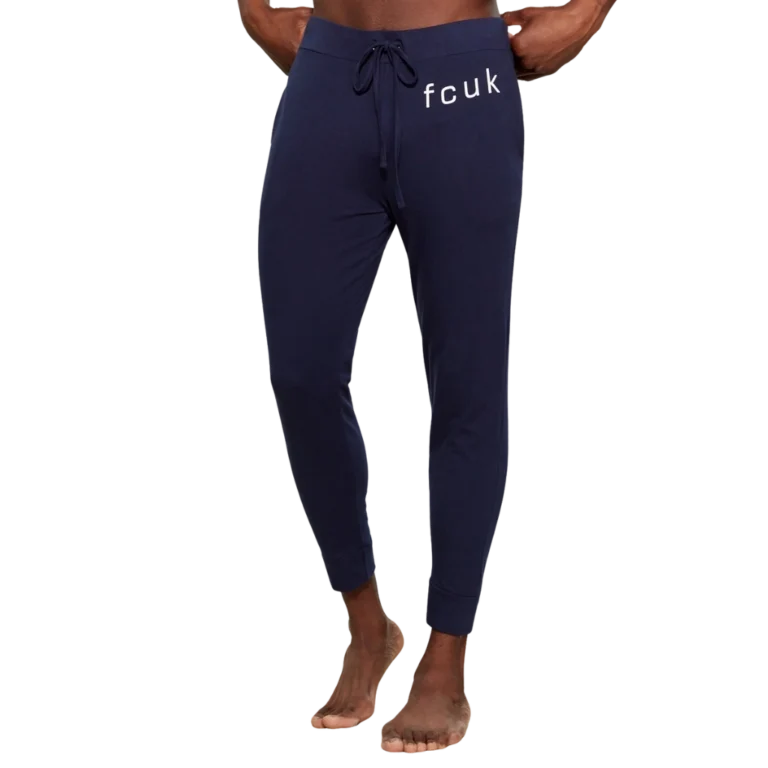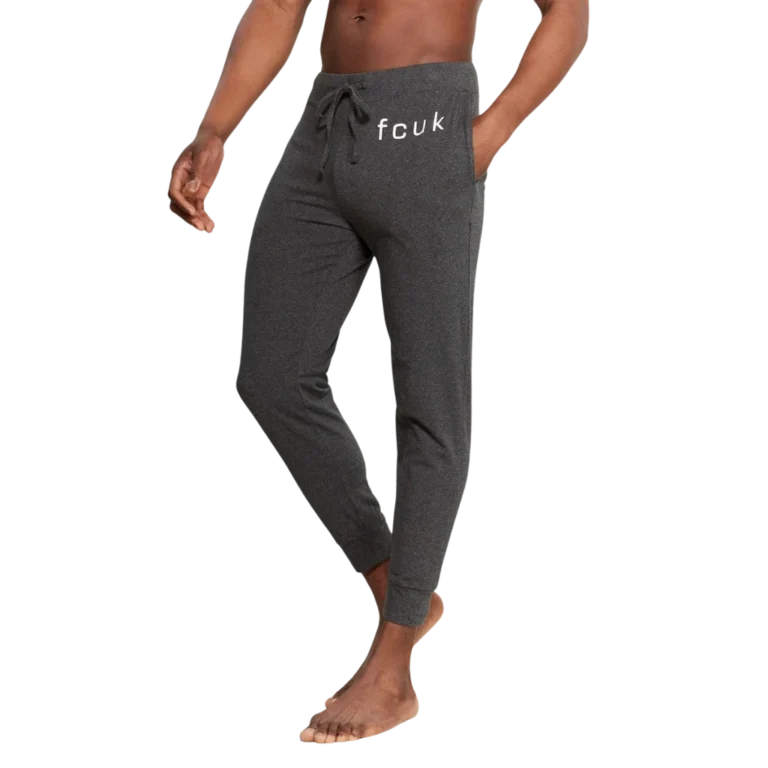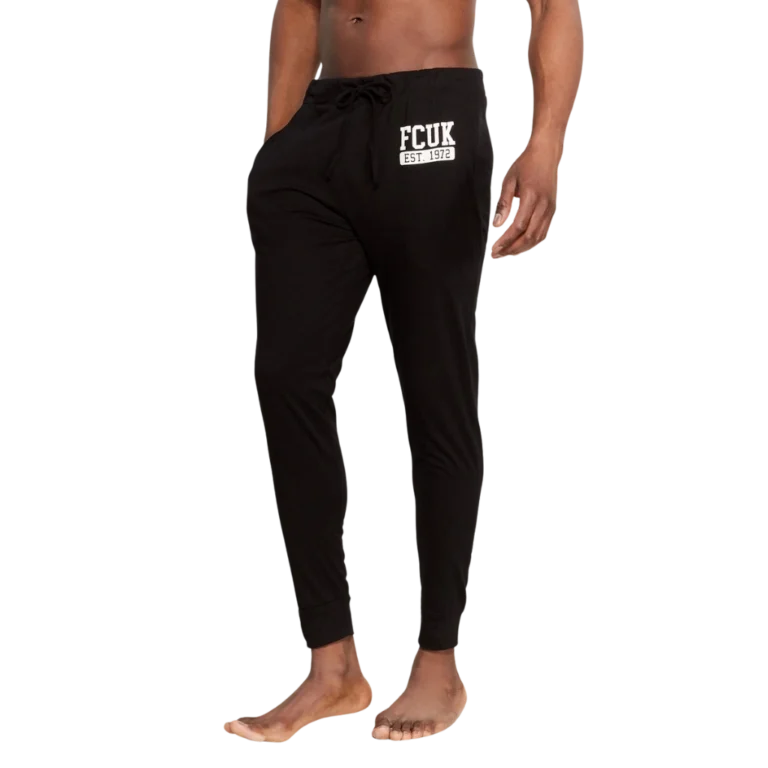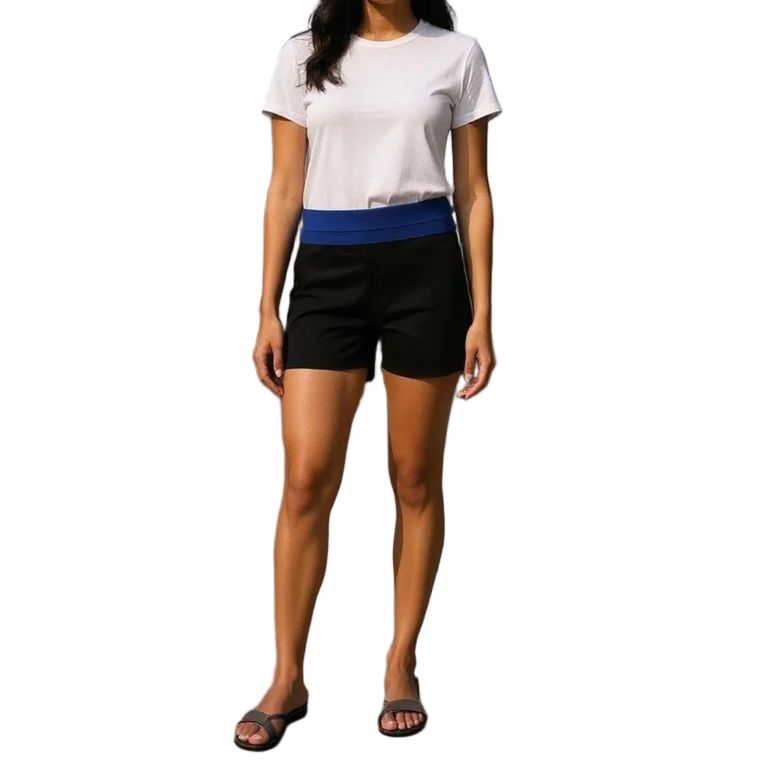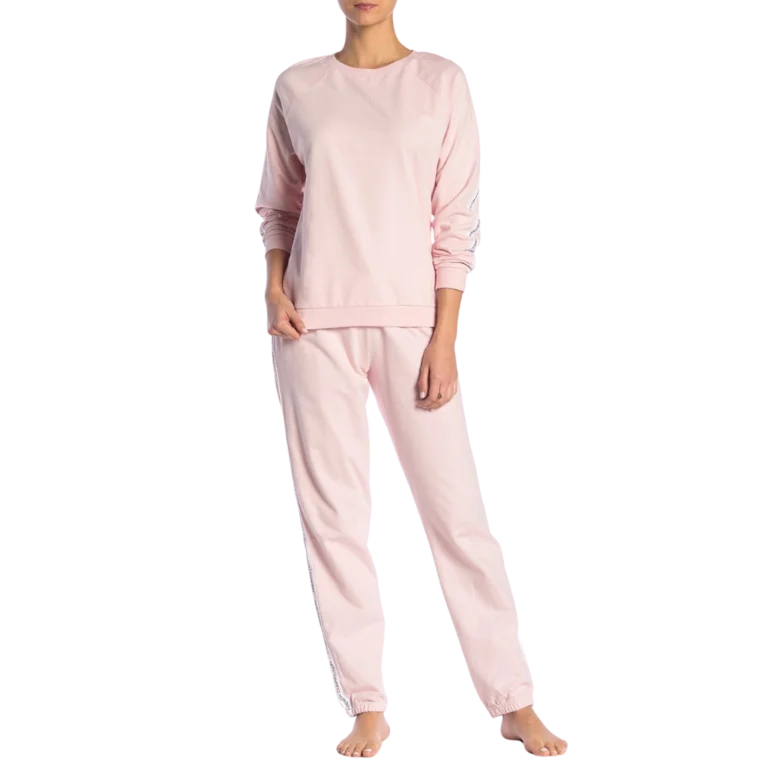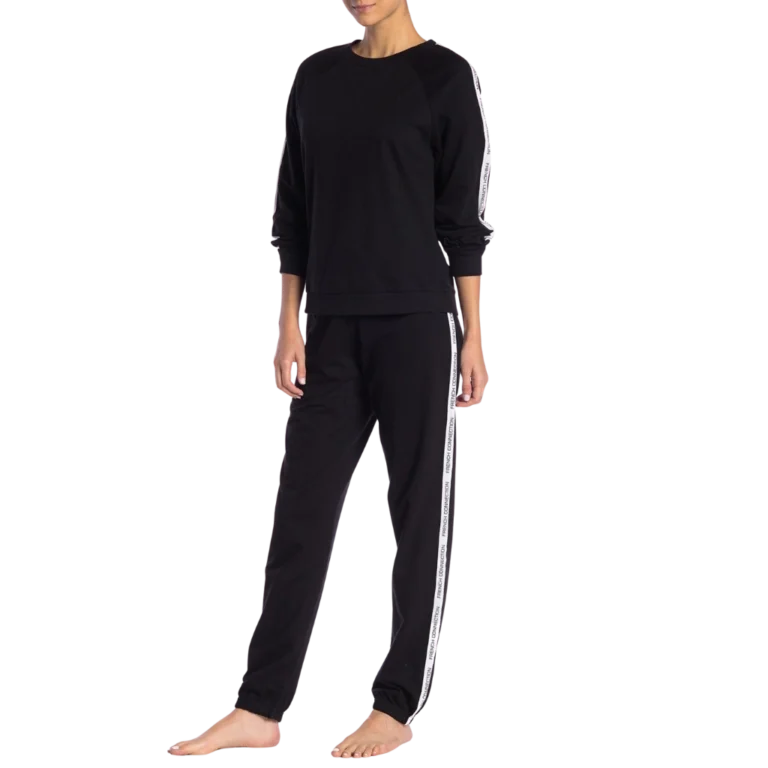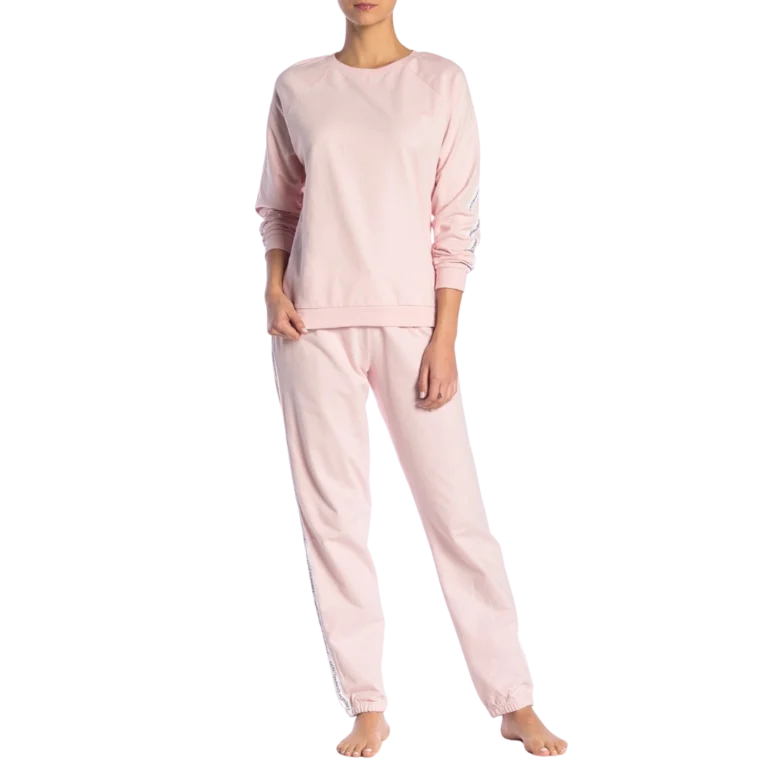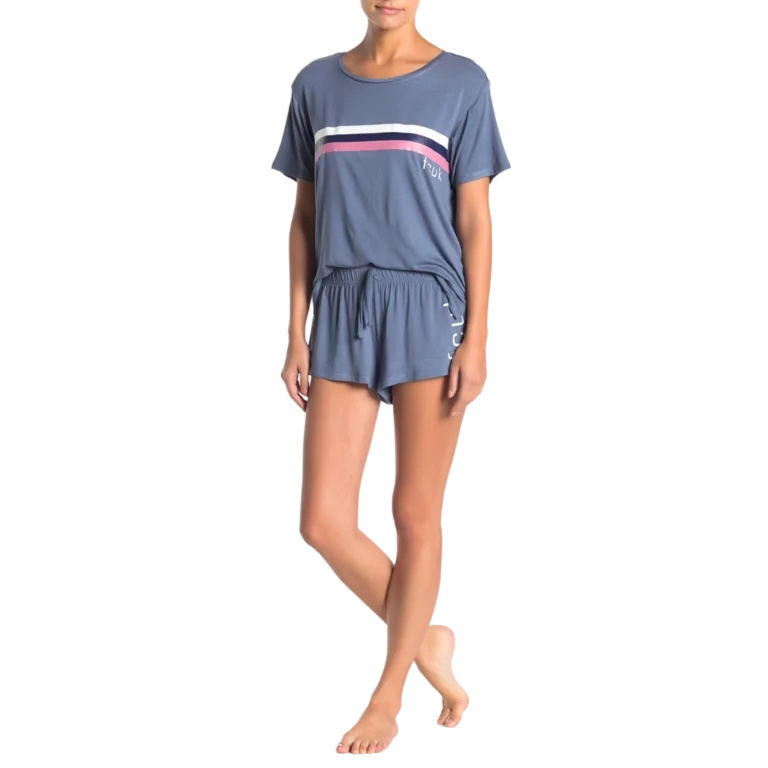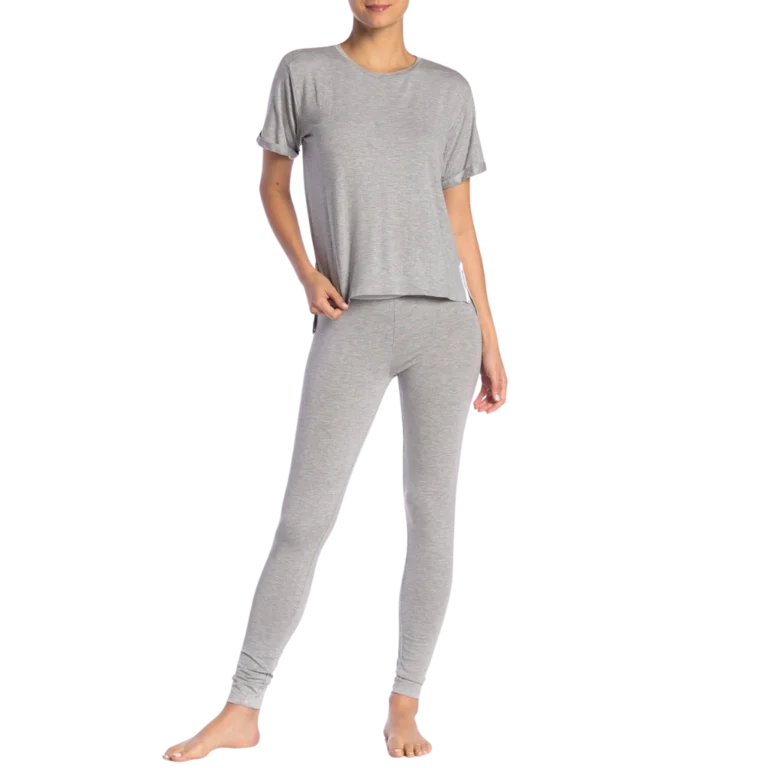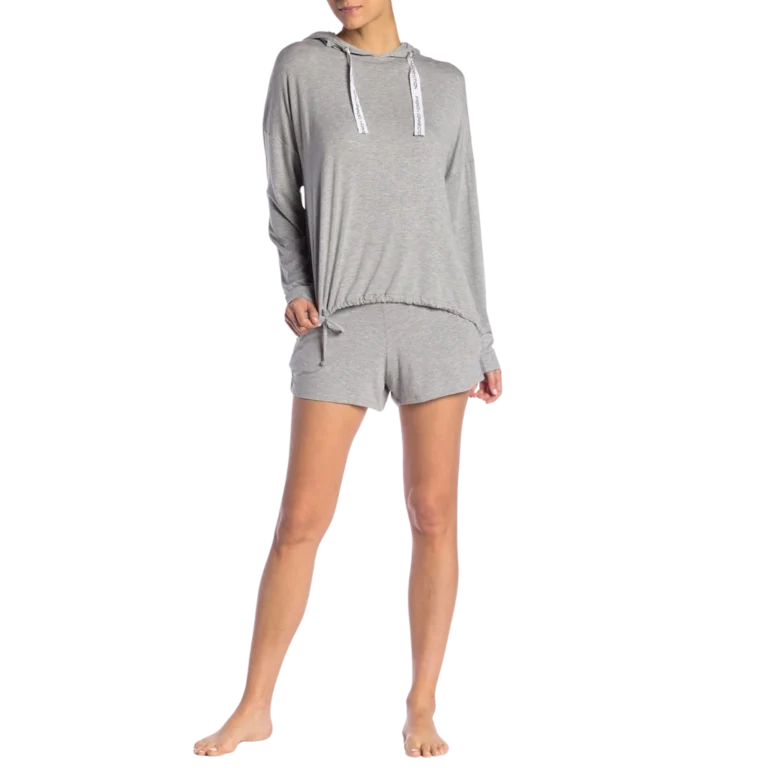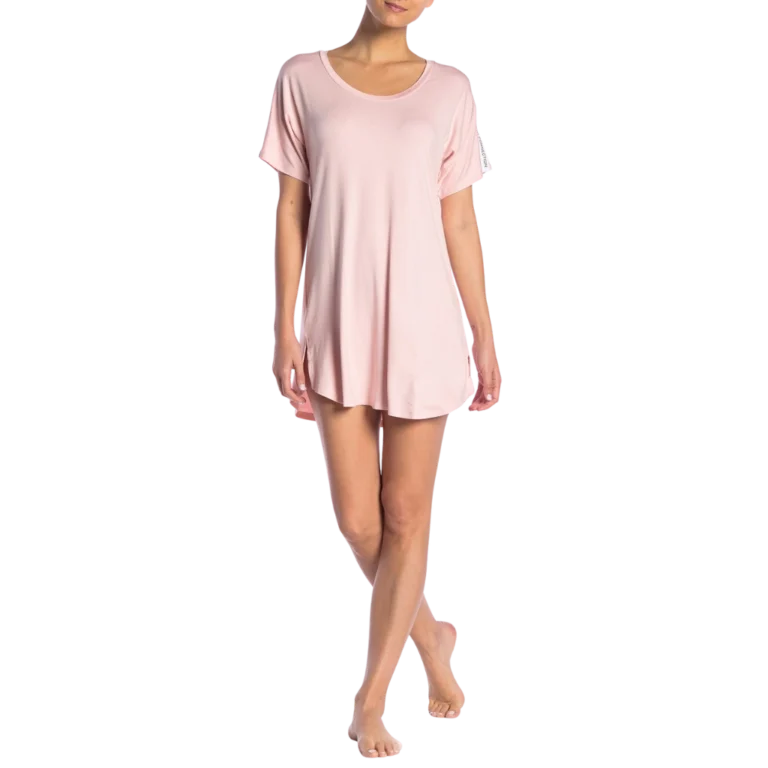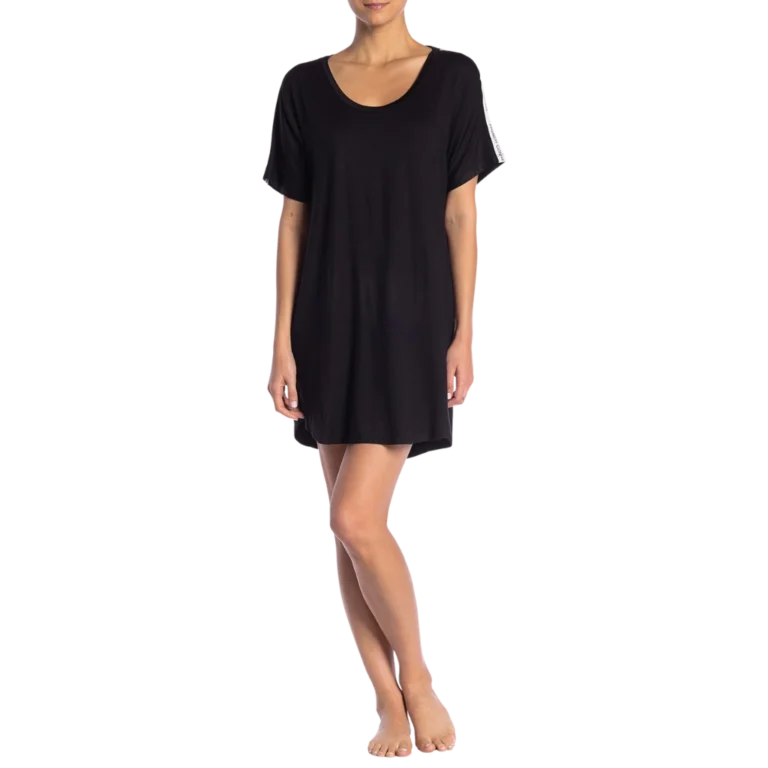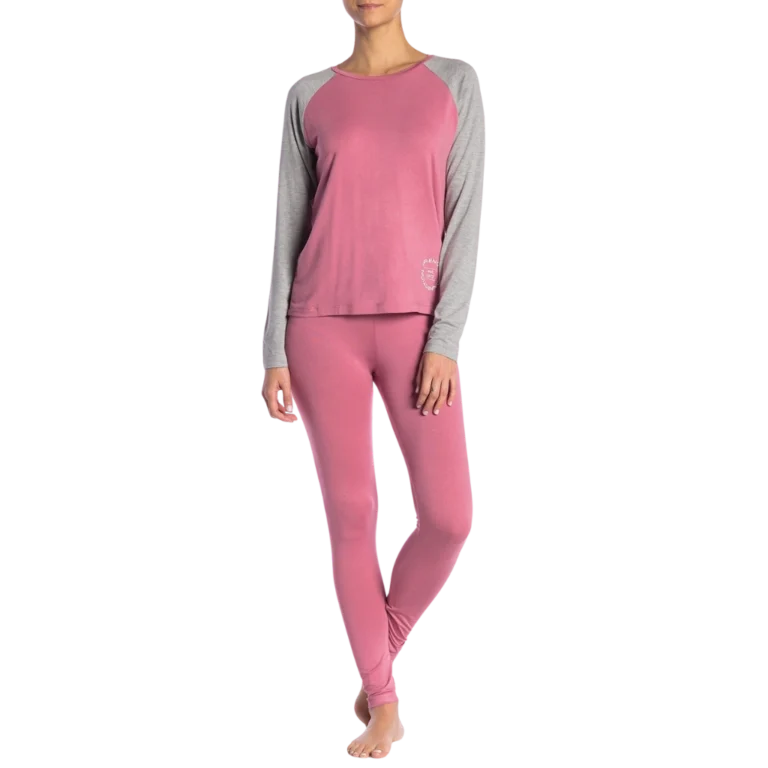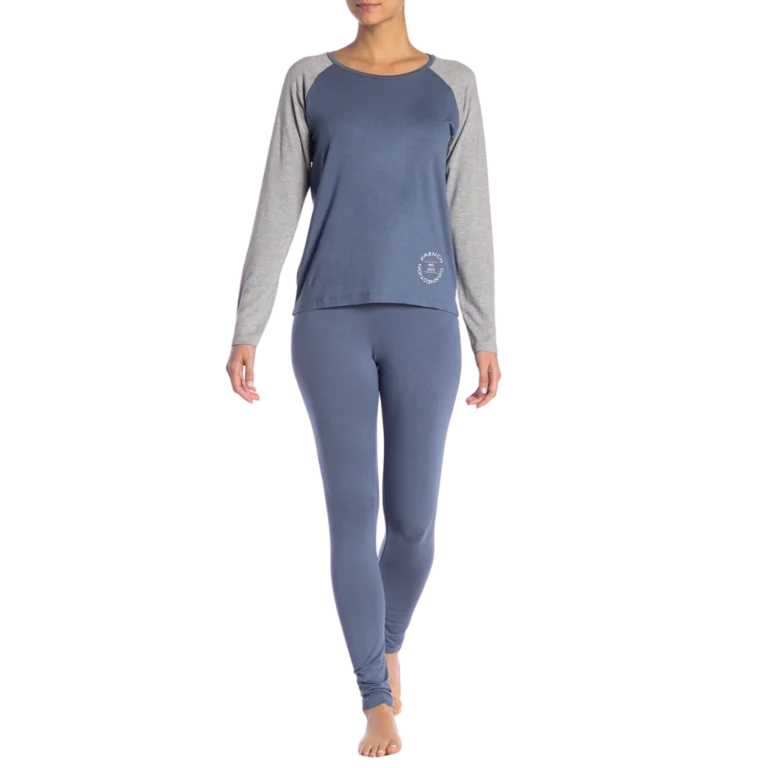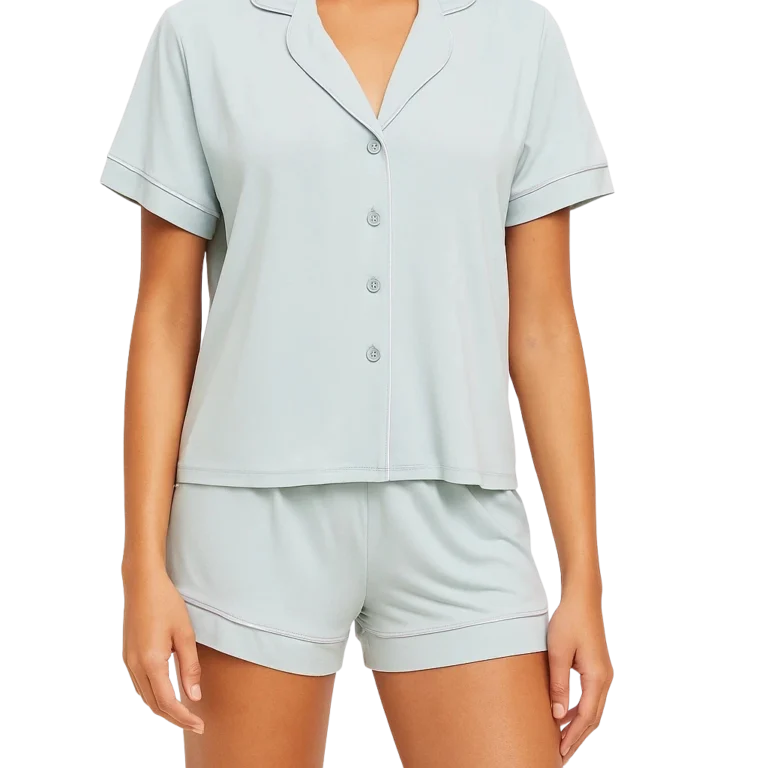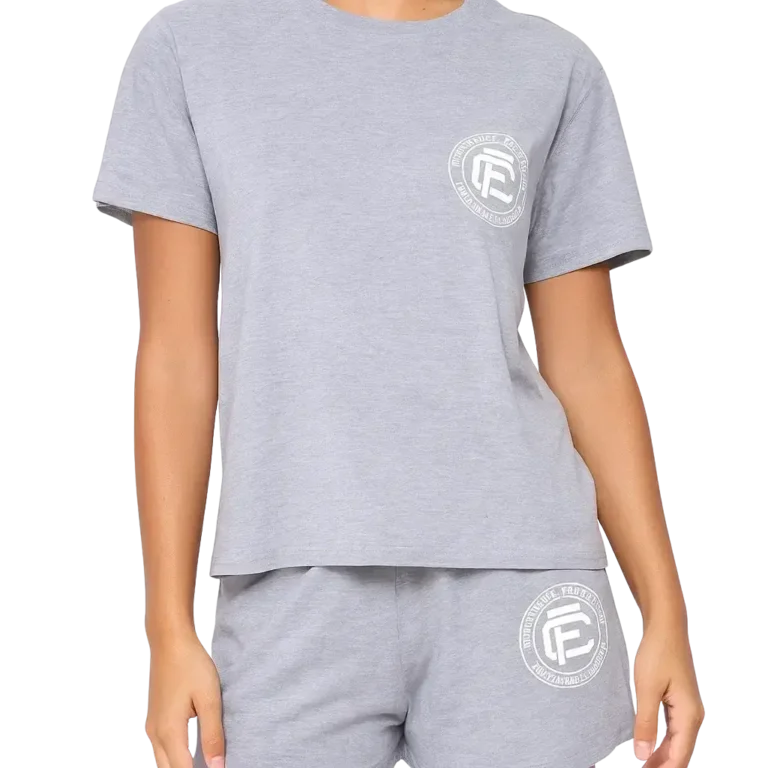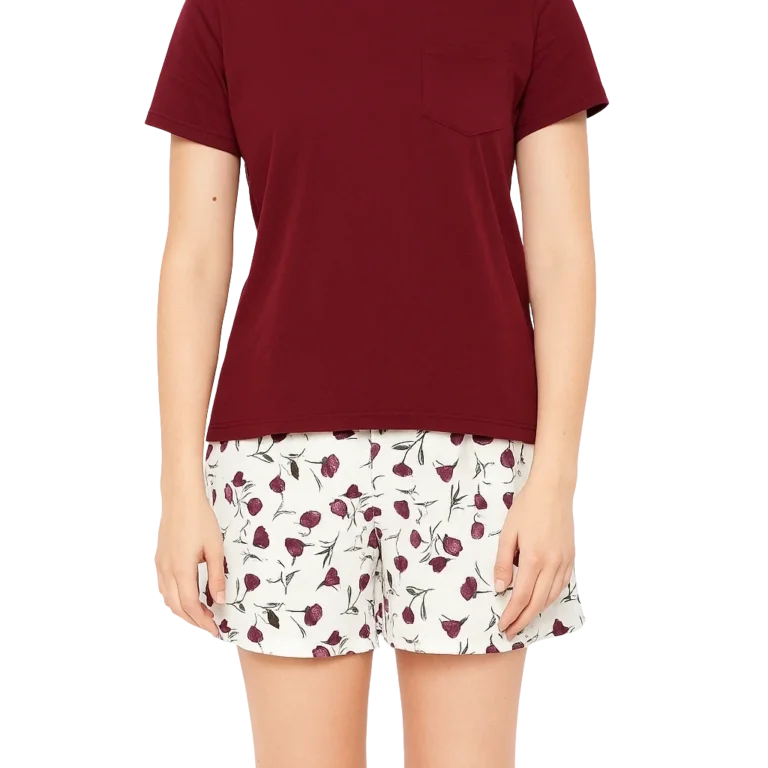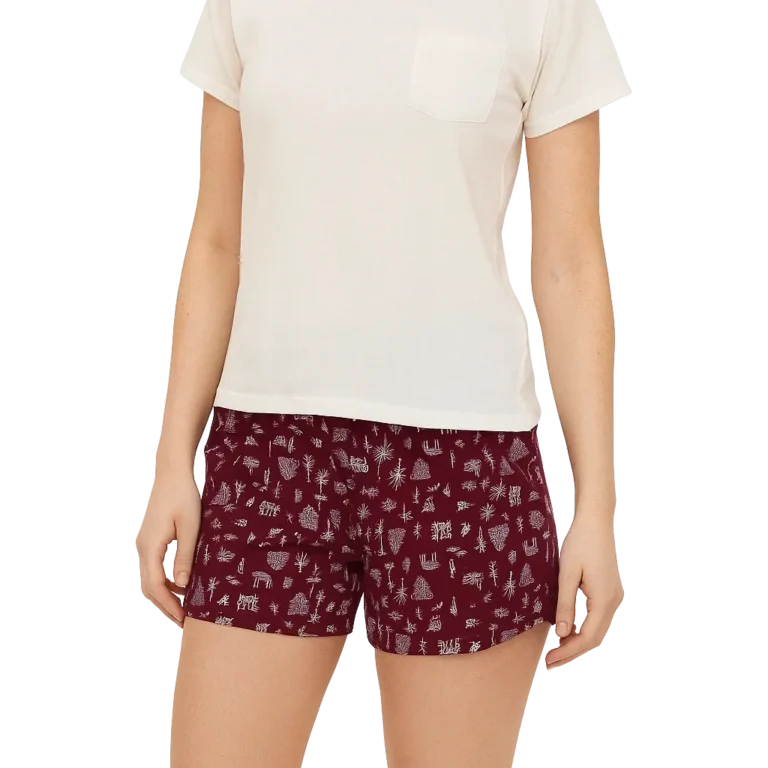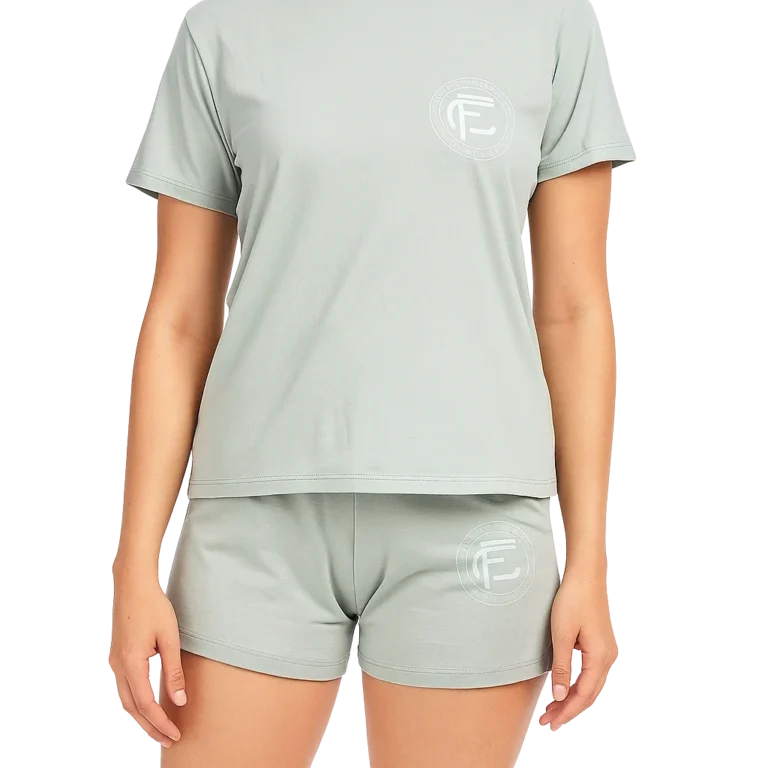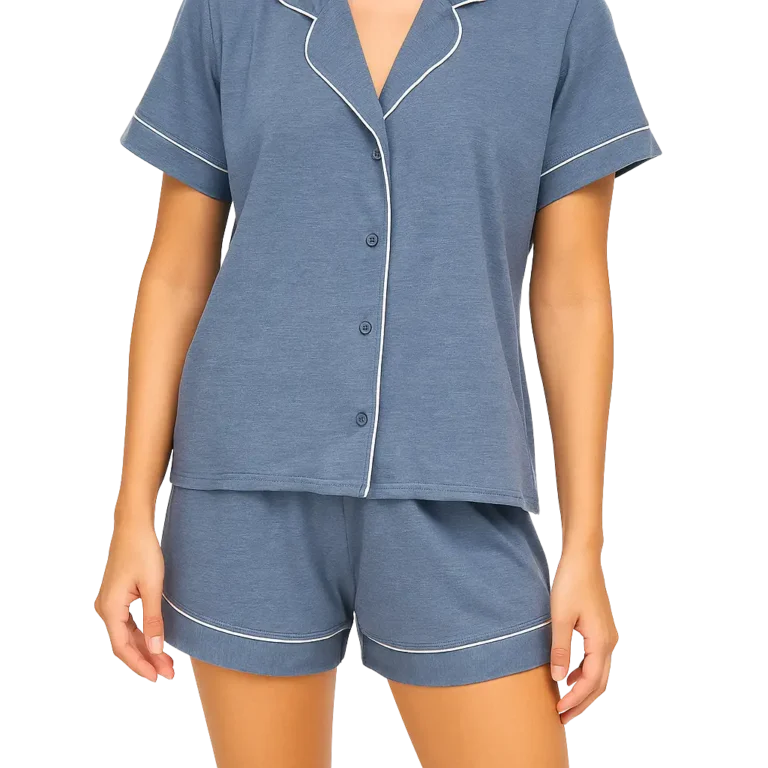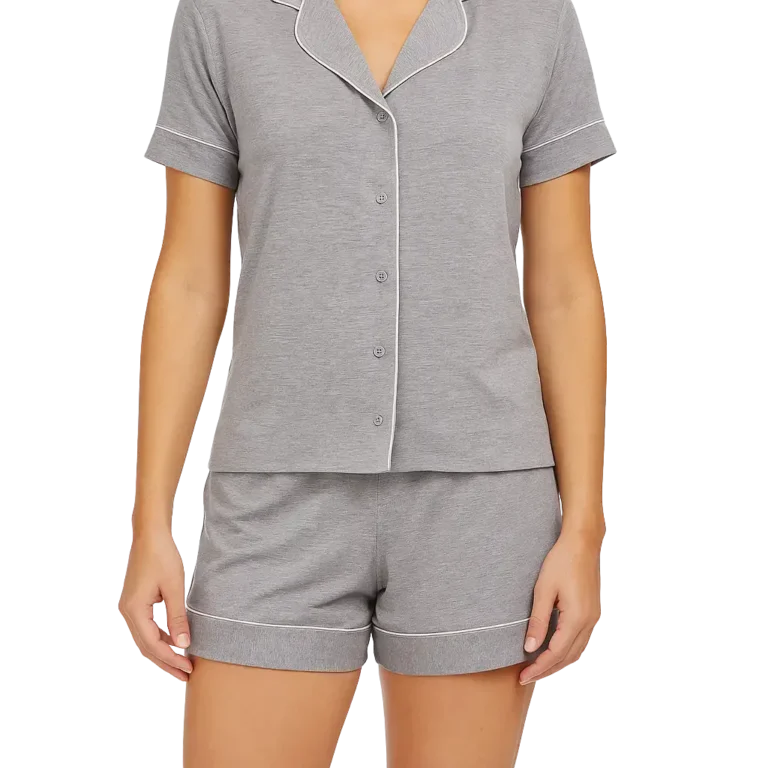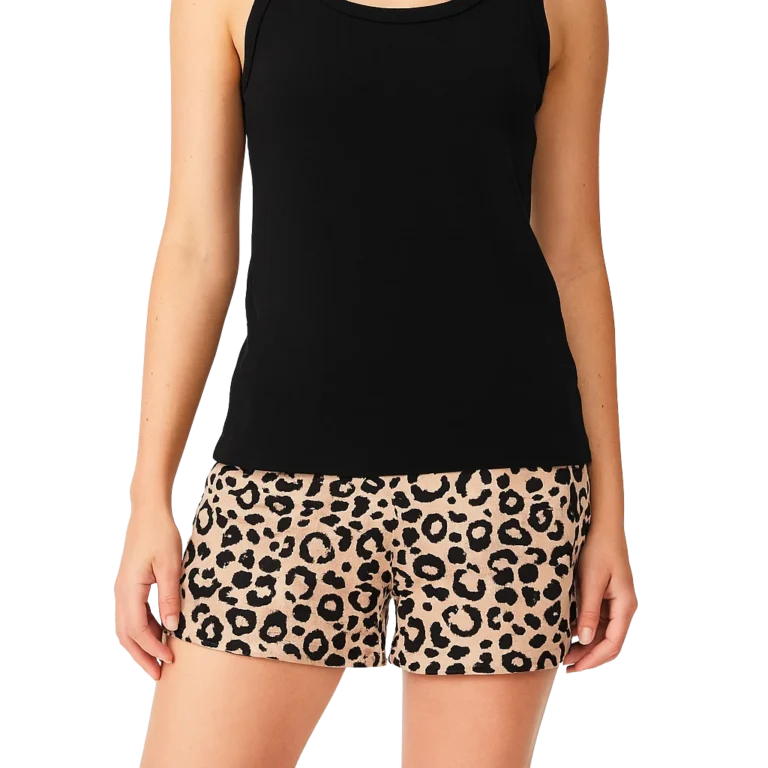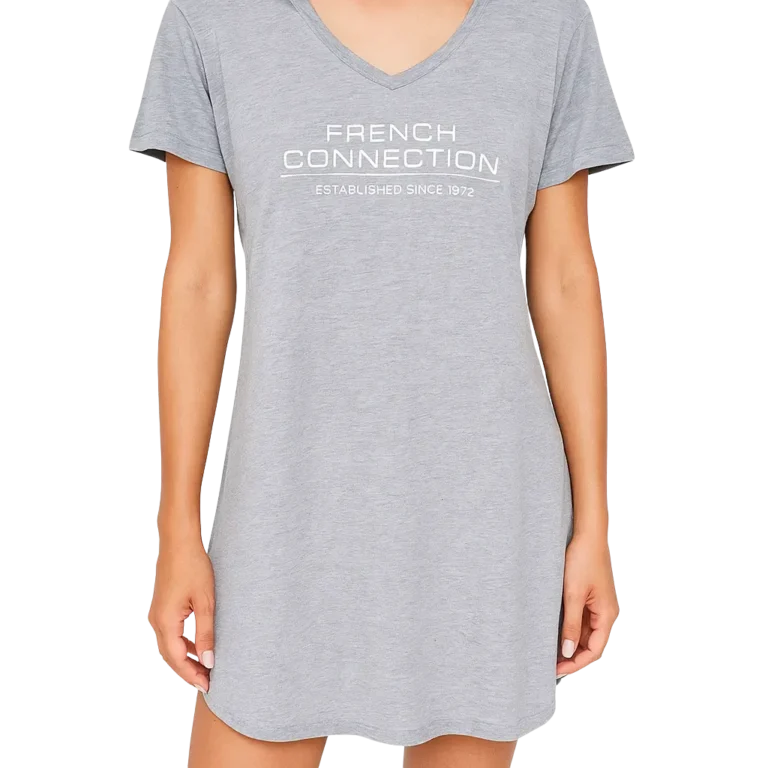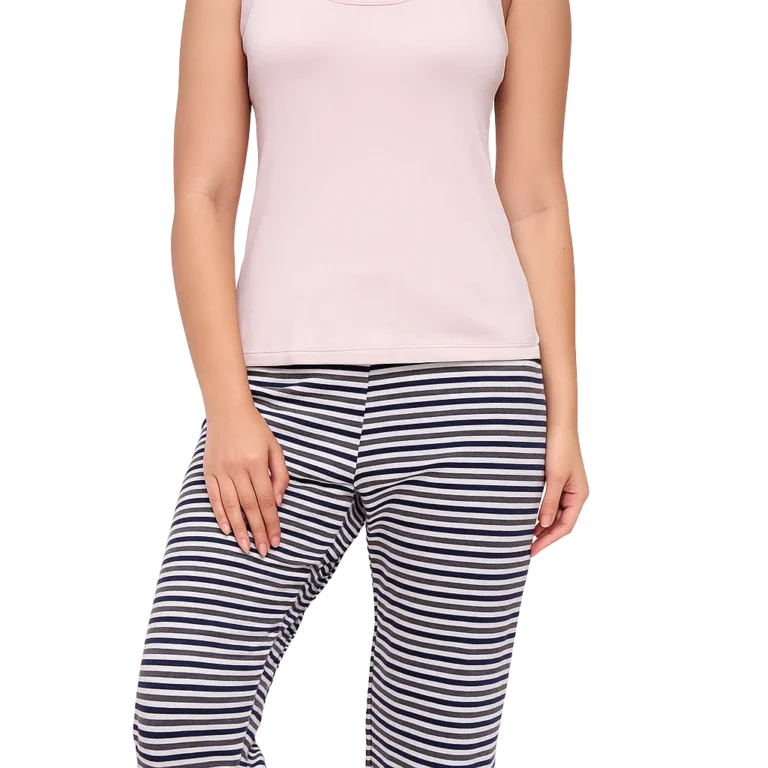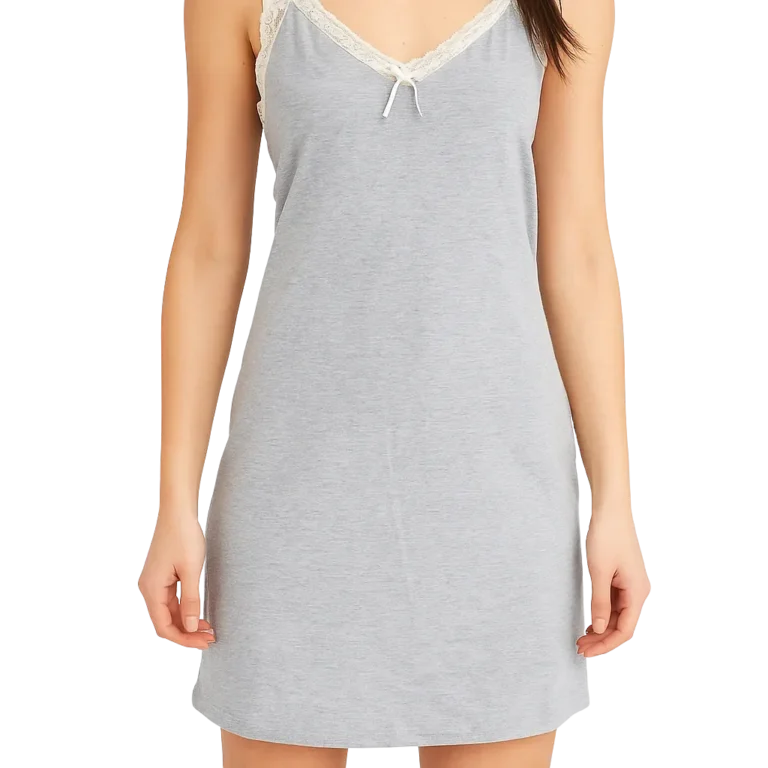The global fashion industry is evolving toward comfort, sustainability, and brand individuality. As buyers and consumers become more conscious of what they wear, Private Label Loungewear has emerged as one of the most promising categories for the future.
Brands that once focused on high-street fashion or sportswear are now investing in versatile loungewear lines that combine soft fabrics, relaxed silhouettes, and responsible sourcing. India, particularly the knitwear hub of Tiruppur, has become a trusted destination for producing these garments at international quality standards while keeping sustainability at the core.
This article explores how India is shaping the next generation of private label loungewear manufacturing and why brands across the USA, UK, Europe, and Australia are increasingly sourcing from Indian suppliers.
1. The Rise of Sustainable Comfortwear
Comfortwear has transformed from a home essential into a lifestyle statement. Consumers today prefer breathable, durable, and sustainable fabrics over synthetic fast fashion. The shift was accelerated by the work-from-home culture, but it has now become a long-term preference for everyday clothing.
Global trends shaping this category include:
A move toward natural fibers such as organic cotton, bamboo, and modal.
An increasing preference for traceable supply chains and ethical working conditions.
A demand for versatile styles that suit both home and casual outings.
A focus on durable construction rather than disposable fashion.
According to reports by Fashion Revolution and McKinsey, over 65% of shoppers now choose garments based on sustainability and transparency. This shift has created new opportunities for sourcing partners who can produce comfortwear that feels good, looks stylish, and aligns with global sustainability expectations.
2. Why Private Label Loungewear is Booming
Private label manufacturing gives brands the freedom to design and build their collections under their own identity, without the heavy investment of owning production units. The loungewear segment, being low-risk and high-volume, fits perfectly with this business model.
Key reasons behind its global growth:
1. Faster Market Entry
Small and mid-sized brands can develop and launch new collections within weeks by partnering with established Indian factories.
2. Cost-Effective Manufacturing
India offers a competitive cost-to-quality ratio, enabling brands to maintain strong margins while still using sustainable materials.
3. Lower Minimum Order Quantities
Factories associated with Mirthuni Apparel Sourcing Service support MOQs as low as 250–300 pieces per color or style, allowing brands to start small and scale gradually.
4. Full Branding Freedom
Private label buyers can customize neck labels, hangtags, polybags, and packaging to reflect their identity while maintaining professional finish and consistency.
5. Control Over Fabric and Compliance
Buyers can specify organic or recycled fabrics, certifications such as GOTS, BSCI, WRAP, or OEKO-TEX, and request quality testing before shipment.
The combination of customization, flexibility, and ethical manufacturing is what makes Private Label Loungewear a high-potential category in global apparel sourcing.
3. India’s Advantage in Sustainable Loungewear Manufacturing
India, and particularly Tiruppur, holds a strong position in the global knitwear supply chain. Known as the “Knitwear Capital of India,” Tiruppur houses more than 10,000 garment units that specialize in T-shirts, joggers, hoodies, and loungewear sets.
The country’s key advantages include:
A. Vertically Integrated Production
Factories handle everything from spinning and dyeing to cutting, stitching, and packing under one network, ensuring efficiency and quality control.
B. Access to Sustainable Materials
Indian mills supply organic cotton, recycled blends, bamboo, and modal fabrics at scale, certified by international standards like GOTS and OEKO-TEX.
C. Ethical and Compliant Factories
Most export-ready units hold WRAP, BSCI, SA8000, and Sedex certifications, ensuring fair wages, safe working conditions, and environmental responsibility.
D. Strong Export Infrastructure
With direct access to ports in Cochin, Tuticorin, and Chennai, India offers fast and reliable shipping to Europe, the USA, and the Middle East.
E. Skilled Workforce
The Tiruppur workforce has decades of experience in knitwear production, pattern development, and finishing processes for international markets.
These strengths make India not just a manufacturing destination, but a strategic partner for brands that want to grow sustainably and responsibly.
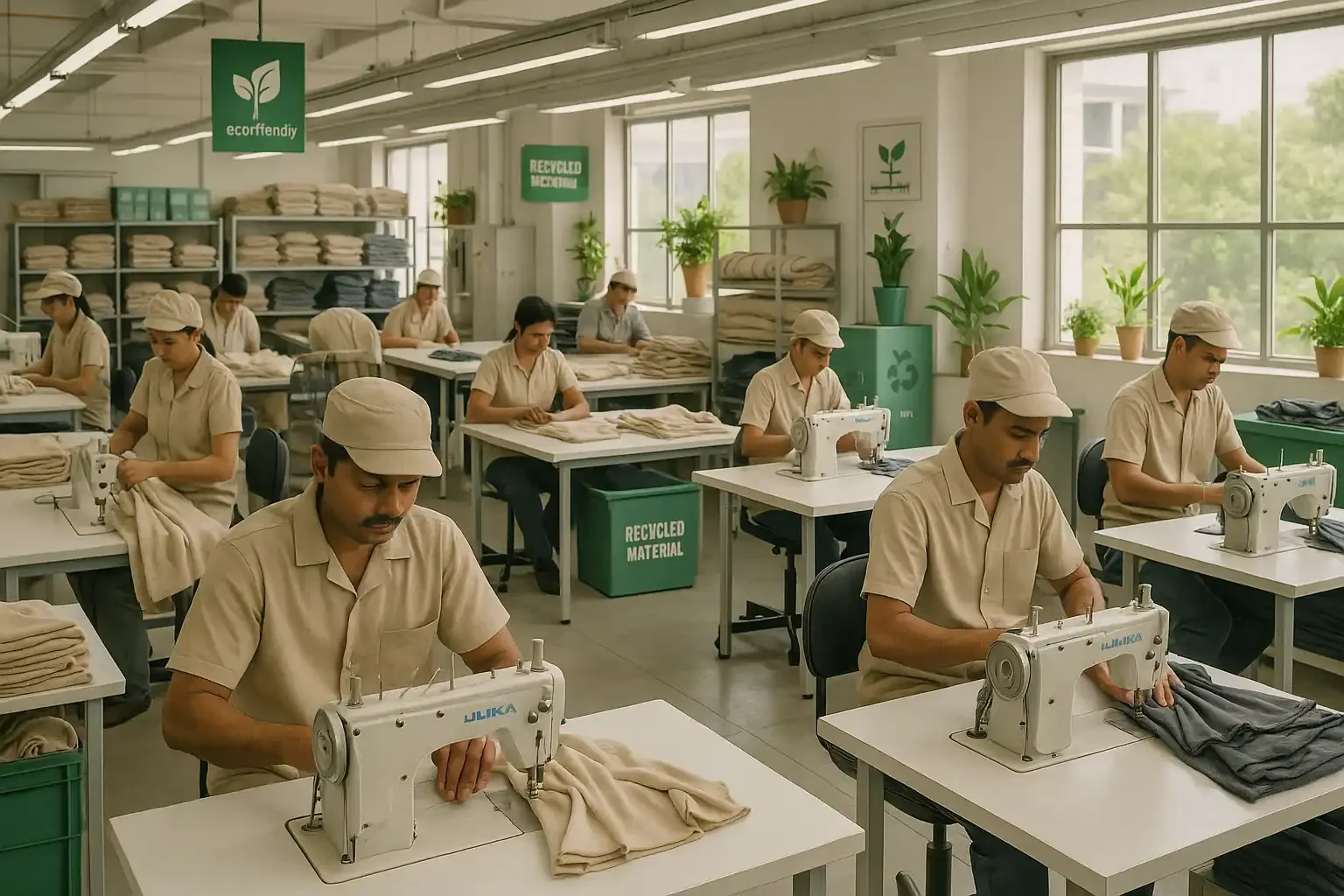
4. How Mirthuni Apparel Sourcing Helps Global Brands Scale Responsibly
At Mirthuni Apparel Sourcing Service, we act as a bridge between international fashion brands and India’s best compliant factories. Our focus is on helping buyers build Private Label Loungewear collections that combine style, comfort, and sustainability.
What we offer:
1. Low MOQ Flexibility
Ideal for startups or small brands testing new designs or launching capsule collections.
2. Certified Factory Network
We work with over 40 partner factories in Tiruppur that follow international standards such as WRAP, BSCI, and OEKO-TEX.
3. Sustainable Fabric Sourcing
Our team coordinates with spinning mills to provide organic, recycled, or eco-blended fabrics suited for loungewear, sleepwear, and athleisure collections.
4. Quality Control and Transparency
Every order passes through multi-stage inspections including shrinkage, GSM, and colorfastness tests. Real-time progress updates keep clients informed from sample to shipment.
5. Branding and Packaging Support
From printed neck labels to biodegradable packaging, every element can be customized to reflect your brand’s sustainable identity.
If you are exploring a sourcing partnership or launching a new private label line, learn more here:
👉 Private Label Garment Manufacturing
5. Future Trends in Private Label Loungewear
The next five years will redefine how private label brands approach design and sustainability. Several innovations are already shaping the future of this category.
1. AI and 3D Design Integration
Virtual prototyping and AI-assisted design tools will help brands develop collections faster and reduce fabric wastage.
2. Bio-Based and Regenerative Fibers
Materials like hemp, banana fiber, and bamboo viscose will dominate eco-friendly production, offering both comfort and biodegradability.
3. Circular Production Models
Factories are investing in fabric recycling and waste management systems that support circular fashion initiatives.
4. Transparent Supply Chains
Buyers will increasingly demand traceability through digital product passports, enabling end customers to see where and how each garment was made.
5. Compliance-Driven Export Growth
As the EU and USA tighten sustainability import laws, India’s compliance advantage will further boost its position as a leading private label apparel hub.
These shifts will reward sourcing partners that prioritize innovation, ethical practices, and clear communication across every stage of production.
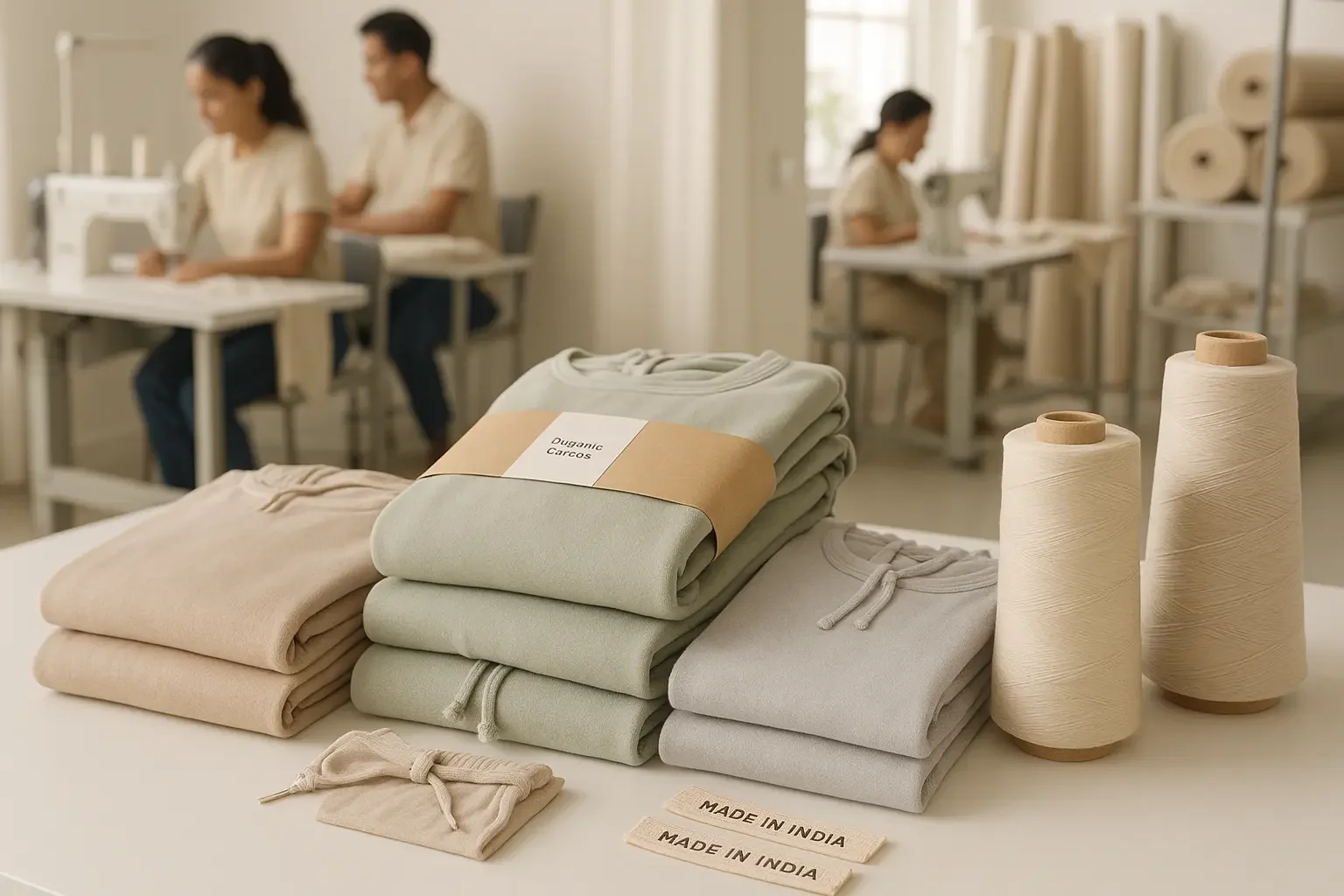
Conclusion
The future of Private Label Loungewear belongs to brands that understand the value of sustainability, comfort, and transparency. As the global demand for ethically made products continues to rise, India stands out as a manufacturing powerhouse that blends craftsmanship with responsibility.
For fashion entrepreneurs and established labels alike, partnering with trusted sourcing companies like Mirthuni Apparel Sourcing Service provides the confidence to scale responsibly while maintaining quality and authenticity.
From organic cotton joggers to bamboo-blend lounge sets, the next generation of private label loungewear will be defined by eco-friendly materials, fair trade practices, and strong partnerships rooted in trust.

